Youth Workers Against Social Exclusion
From 7th to 14th of December representatives of Azerbaijan, Estonia, Greece, Morocco, Portugal, Slovenia, Spain and host country, Italy, attended a weeklong study visit to the picturesque town of Manerba del Garda, located on Lake Garda, as a part of the Youth Inclusion Toolbox project, funded by the Erasmus+ program and coordinated by the Association Arte e Cultura Sociale.
The purpose of the visit was to strengthen the capacity of youth workers to combat the social exclusion of young people with fewer opportunities and to acquire the skills to develop initiatives that could have a positive impact on local integration processes.
The first day of the visit, passed more or less by playing the educational games and a walk around Manerba and the shore of the lake, where the participants talked about their desires, experiences and expectations, while enjoying the natural beauty that surrounded them. In the afternoon, as they prepared for the first workshop on mobility, migrants and non-formal education, they climbed to the highest peak in the area, Rocca di Garba, from where they could admire the breath-taking view of the entire lake.

But already on Monday serious work began and the first on the schedule was a workshop jointly organized by representatives from Greece, Morocco and Slovenia. Through the story, that they prepared and read to the rest of the group, which had to listen with their eyes closed, the Greeks, Moroccans and Slovenes led the group towards an incredible experience of how a migrant who comes to the foreign country feels. In their mind, the participants had to put on the shoes of a person, who left everything behind in a hurry because of the war; who doesn’t know if his relatives and friends are alive at all. During the storytelling, the participants had to answer some questions, which were later discussed in smaller groups. After that the roles were switched so they, as youth workers, had to find at least one solution how to help someone who came to a foreign country to easier integrate into the local society.


At the conclusion of the workshop, everyone admitted that by putting oneself in the shoes of someone, who left their entire world behind without looking back, shook them up and that before this exercise they had never really imagined how someone feels like when leaves their home and goes somewhere where has no idea what will happen tomorrow. Somewhere where you are not desirable, where you are misunderstood, and where everything is completely different from home.

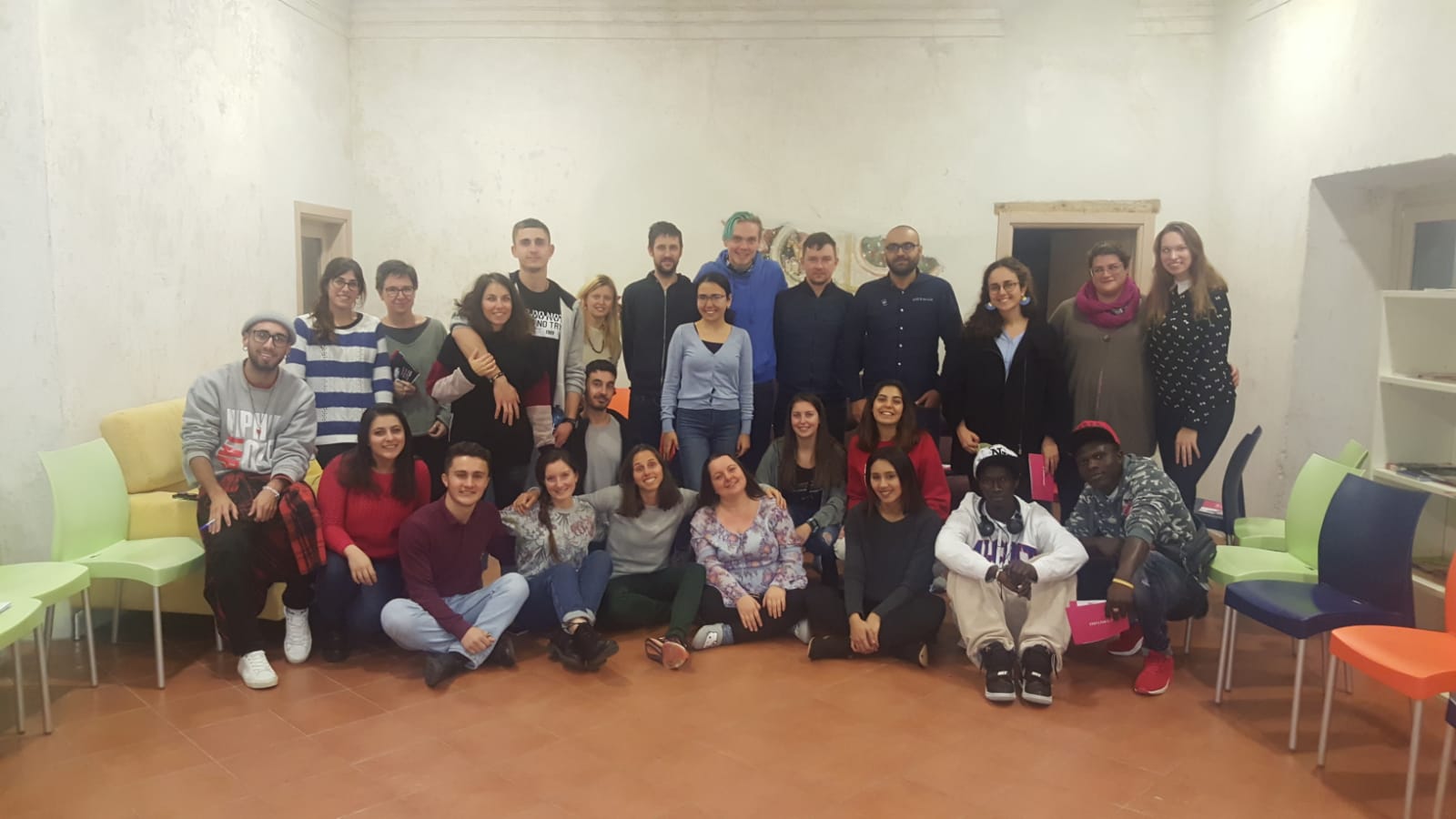
The exercise was a great introduction to the afternoon’s Living Library, featuring two migrants, asylum seekers, from Nigeria, who told the shocking story of coming to Italy and of the journey on which they lost everything, for some time also their freedom during the difficult journey to the coast of Italy.
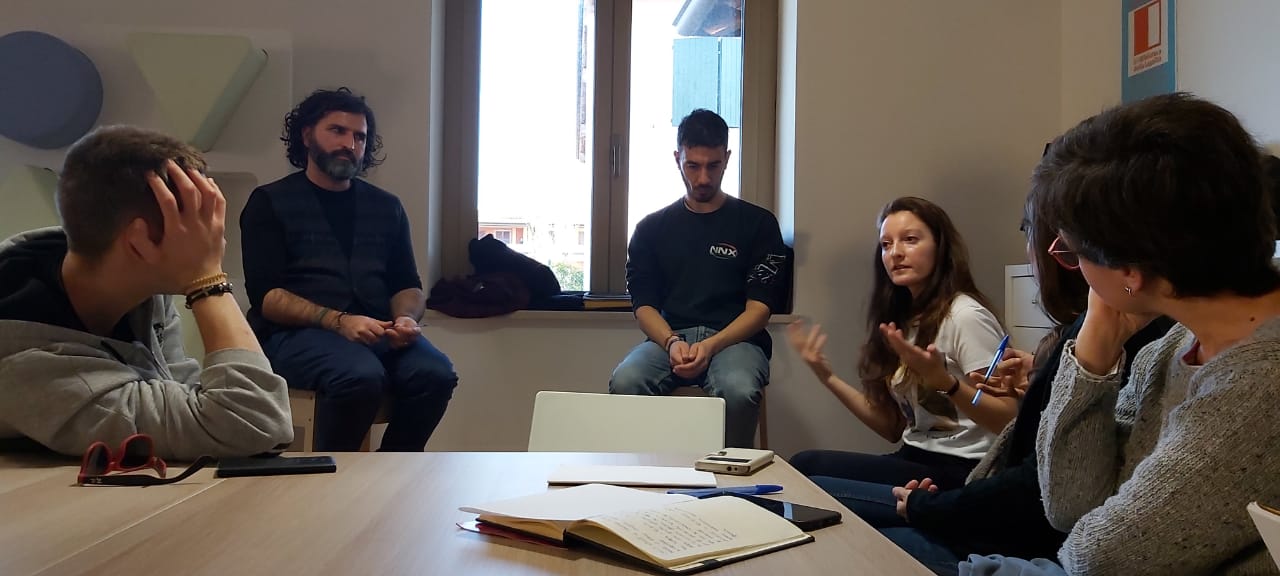
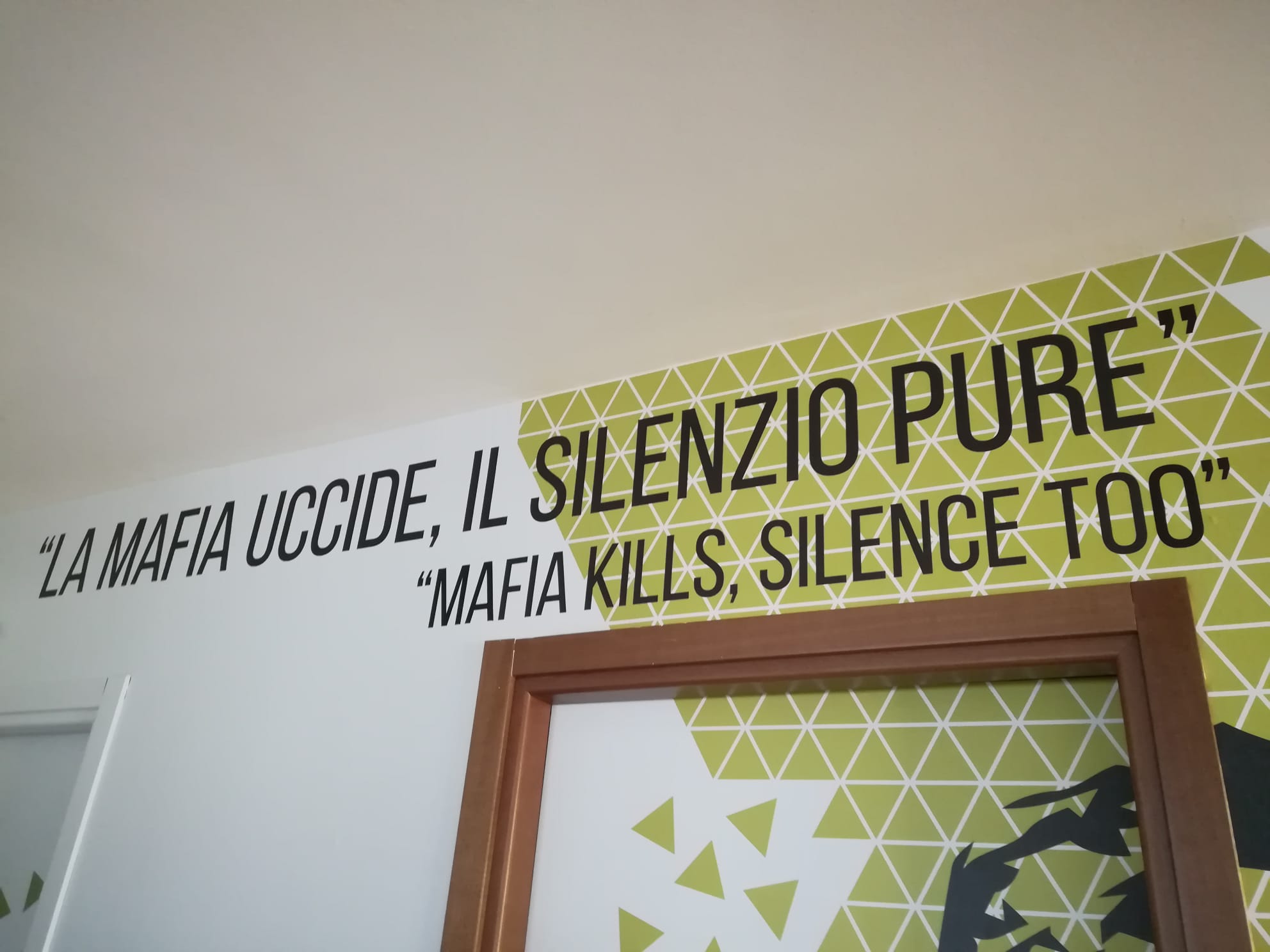
Over the course of the week, participants of the study visit got to know more NGOs from Lake Garda and Brescia who are involved in greater youth involvement, be it young people from surrounding towns and villages, young people with fewer opportunities or migrants, to the local environment. They met the Cooperativa Il Ponte, Casa della Legalità from Manerba, Il Calabrone from Brescia and Fablab Valle Sabbia from Villanu’s Sul Clisi. All these organizations carry out their activities mainly for young people with fewer opportunities and young migrants, be they legal or asylum seekers.
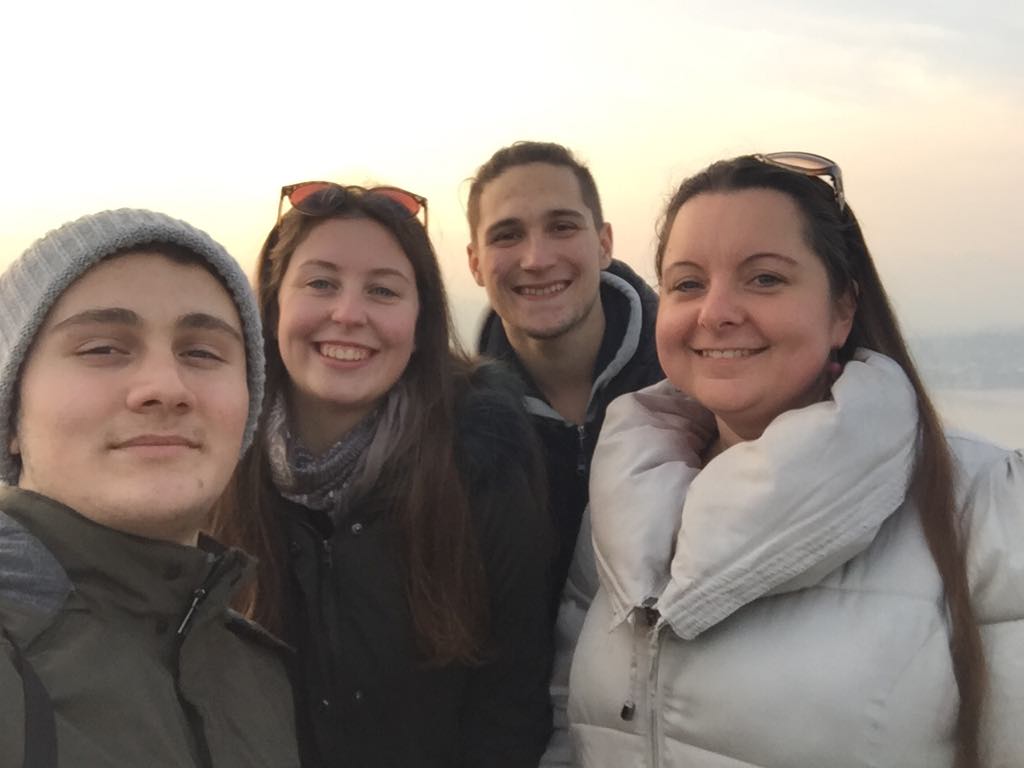
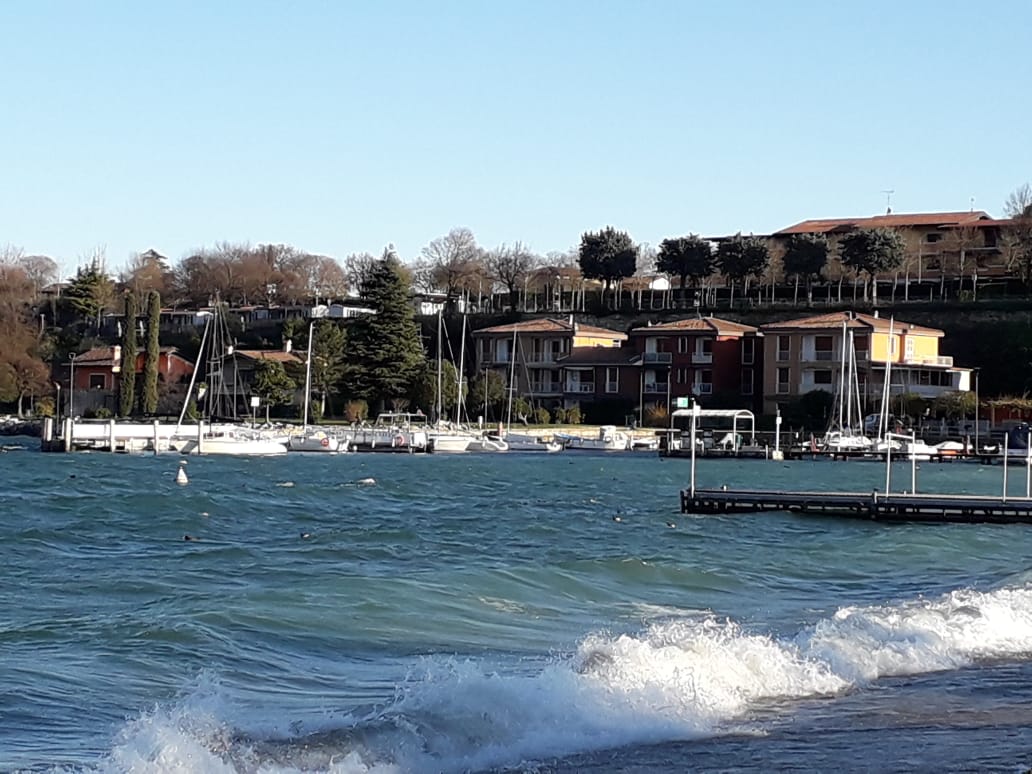
The biggest surprise was certainly the Casa della Legalità, which was set up after the state seized a mafia-owned, illegally constructed and money laundering villa. The building is now available to the community through the Legami Leali project. Already in the first year of operation, together with the surrounding schools they conducted dozens of workshops aimed at young people between 13 and 18 years of age. With the workshops, they wanted to make young people aware of the importance of talking about violence and illegal activities, if they knew about it, and of becoming active citizens.
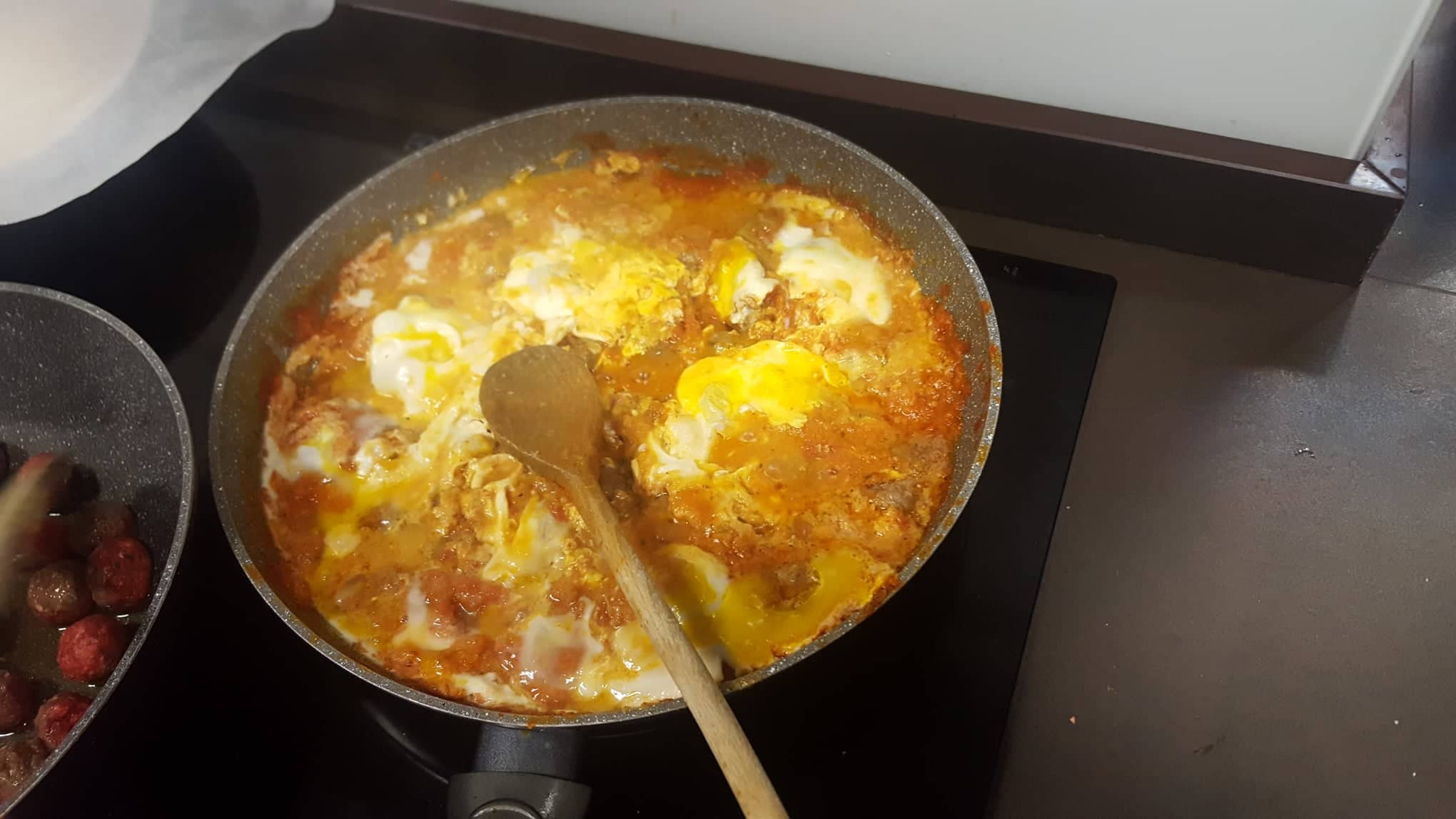
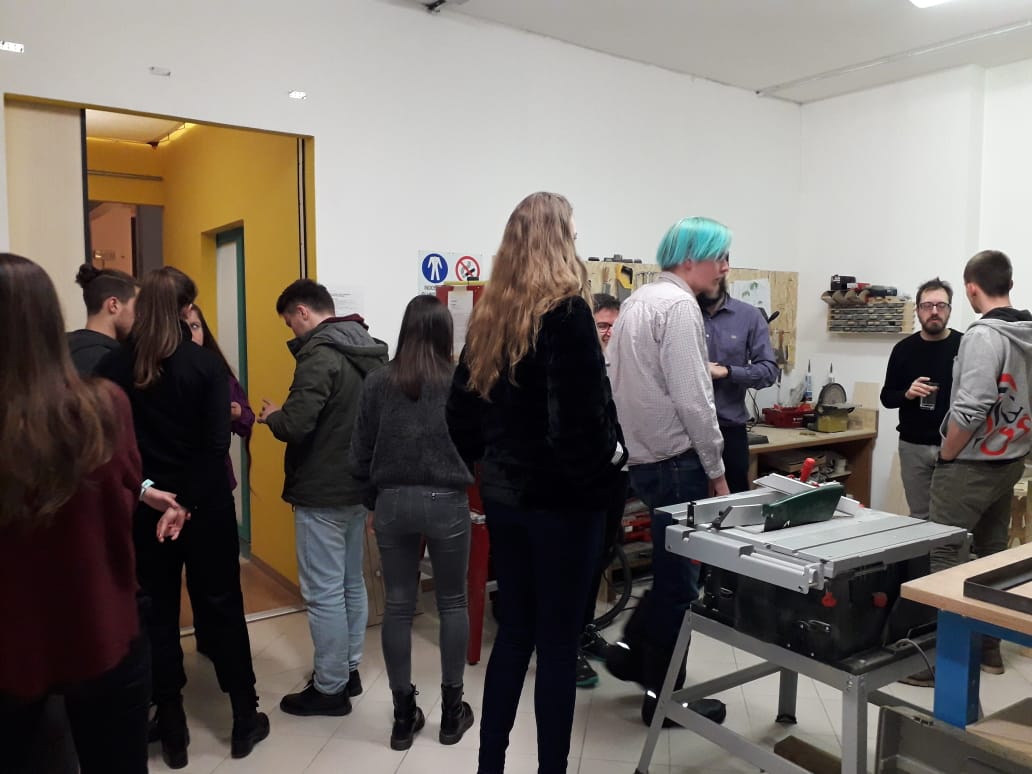
In the following days, youth workers participated in other workshops on inclusion. They discussed, among other things, what competences and skills a youth worker should have. They also talked about why in some countries, mobility among young people is much more common than the others, or should the mobility of young people become a priority, and if yes, why and how to avoid obstacles and increase mobility among young people. Among other things, they also found that the problem with regard to mobility is not always in young people, but also in their parents, who often, for various reasons (gender, religious belief, tradition); oppose their children to go out into the world. Youth workers also outlined the situation of young people with fewer opportunities and young migrants in the countries participating in the program.
In the end all participants together created a toolbox in order to help youth workers handling the part of their work, regarding the migrants, minorities and youth with fewer opportunities.
However, not all was connected only to the education, both representatives of hosting organization and participants made sure of that. Not only did everyone have the opportunity to visit Manerba and the surrounding towns, the organizers took the youth workers to see Brescia, the second largest and at the same time the capital of the Italian province of Lombardy, where Manerba and Lake Garda are located. The participants in the project had the time also to present their countries, their culture and cuisine. Some of them even took time and prepare traditional meals for the rest of the group: Two Estonians, which are cooks by their profession, prepared amazing dinner (traditional Estonian meatloaf – pikkpoiss); Moroccans prepared their famous mint tea and KBM (a dish consisting of eggs, tomatoes and small meatballs); and Slovenes baked an apple strudel.
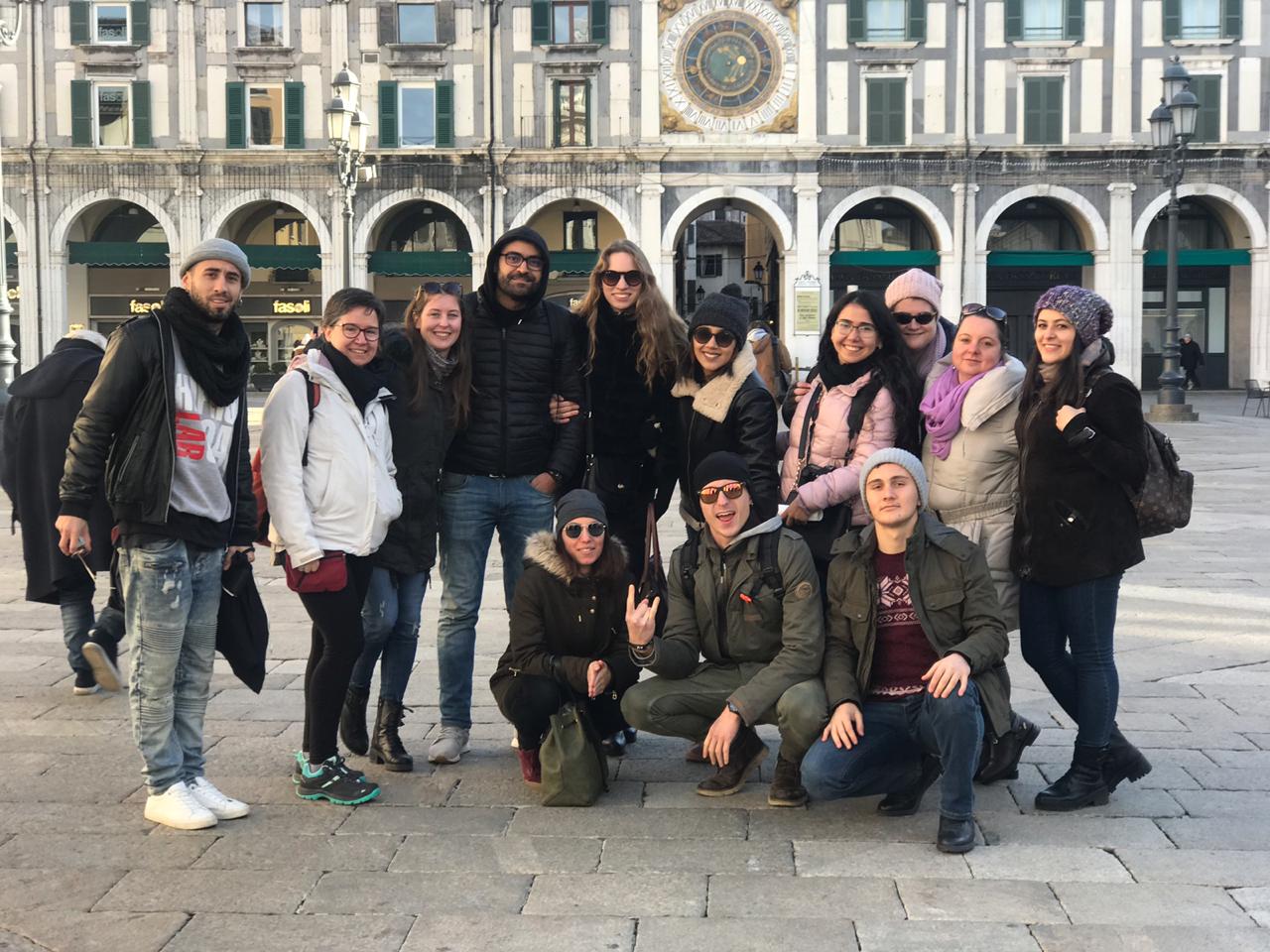
Finally, the participants wrote a small recipe booklet, each country contributing a recipe for a traditional dish from their local area as a thank-you gift to the chef who worked hard for the group all the time and made sure that all participants were satisfied and – above all – experienced all the charms of Italian cuisine. Some of them, a team from Estonia, also tested the lake, which, while three heroes swam into it, only seven degrees Celsius.
During the week the participants spent at Lake Garda, friendly ties were forming between them, some less firm, and others more. Empathy, understanding, kindness, and patience, a high level of social and communication skills – these are just some of the competencies a youth worker must have. Last but not least, it is also important for the youth worker how much he or she can approach to the youth, not only physically, but through conversation and how much he or she can help someone, which was also evident during his visit to Italy.

